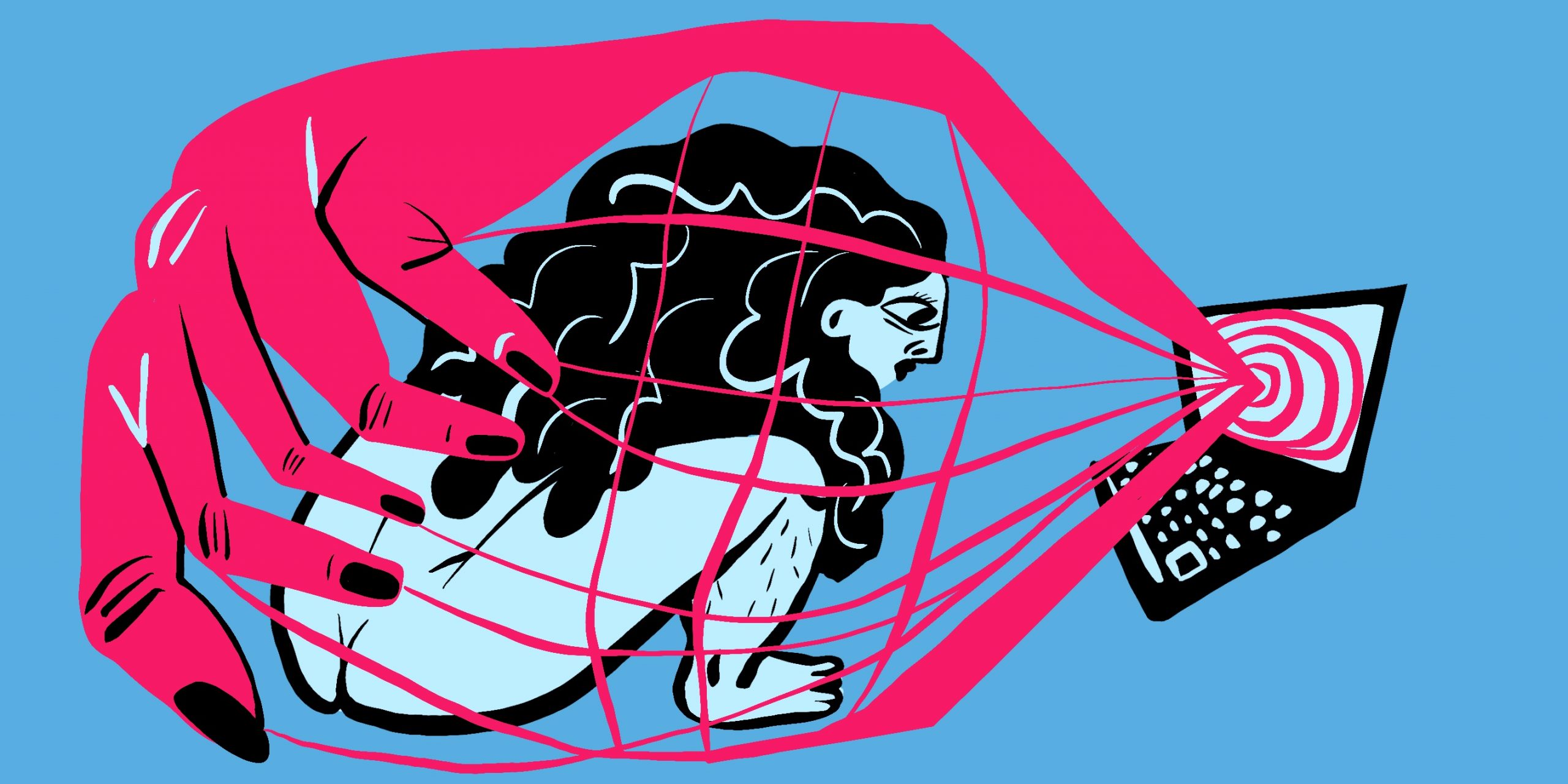Understanding Revenge Porn
Revenge porn refers to the non-consensual sharing of intimate or sexually explicit images or videos, often by a former partner, with the intention of causing harm, embarrassment, or humiliation. In some cases, it may even be used as a tool for blackmail.

This serious violation of privacy can have lasting emotional and psychological consequences for victims, including anxiety, depression, loss of employment, and social withdrawal. It is important to remember that consent to take or share such images does not imply consent to redistribute them—especially after a relationship ends.
No one has the right to share private images of you without your permission. You are not to blame—there are legal and technical ways to respond.
What to Do If You're a Victim
- Immediately report the image or video to the platform where it was posted. Most major platforms have a process for reporting non-consensual explicit content.
- Keep a record (screenshots, URLs, dates) of where the content was shared as evidence.
- Contact your country’s CERT or cybercrime unit for legal assistance.
- Consider talking to a lawyer about your rights, especially in countries where laws specifically prohibit revenge porn.
- Seek emotional support from a mental health professional or a trusted friend or family member.
How to Protect Yourself
- Avoid sending intimate photos, even to trusted partners. Once shared digitally, control over the image may be lost.
- Store any sensitive content securely or avoid capturing it altogether.
- Use strong device passcodes and encrypt personal data.
- Be cautious if a partner pressures you to share explicit content.
Revenge porn is a form of abuse and should be treated seriously. If you or someone you know is affected, don’t stay silent—support is available.